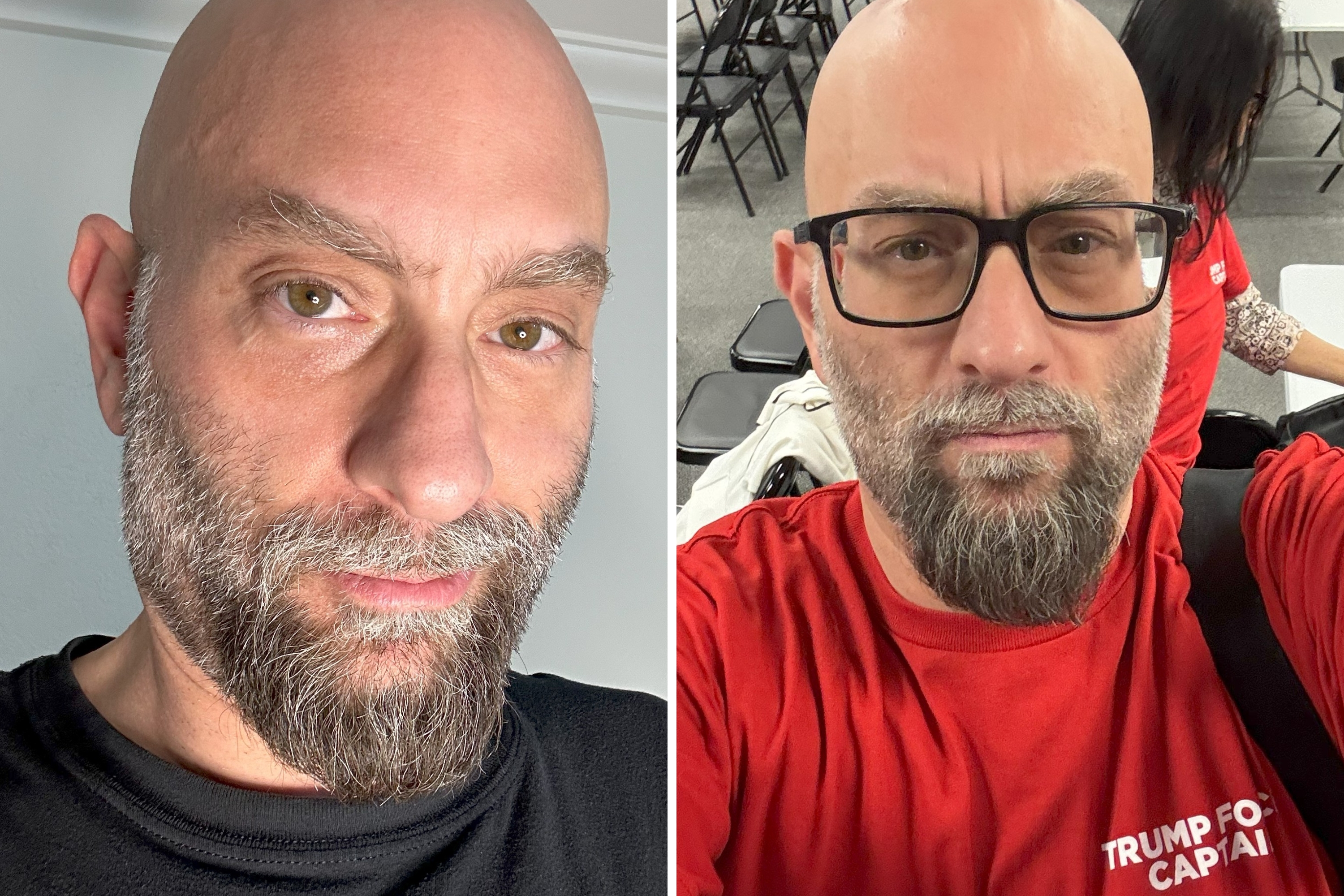WASHINGTON — Lawmakers passed a law last year by wide bipartisan margins requiring the popular social media app TikTok to divest from its China-based owner on Jan. 19 or face a ban in the United States.
But in the end, TikTok held firm and refused to be sold, Congress blinked, and now everyone is scrambling to avoid a backlash from its large, young user base.
The Jan. 19 deadline came and went over the weekend with TikTok briefly taking itself offline before resuming service. Republicans this week welcomed President Donald Trump’s executive order delaying enforcement of the ban for 75 days in order to give him time to make a deal that would separate TikTok from its Chinese owner ByteDance.
Most lawmakers said they don’t mind giving the app more time, including some of the app’s biggest critics who were screaming from the rooftops about the security threat its ties to communist China posed to the U.S. and the private data of millions of Americans.
“[Trump] took advantage of what is in the law, which says that he can delay it for up to 90 days, just because there’s possibility of a buyer,” Sen. Mike Rounds (R-S.D.) said.
“I think the important thing is that the president wants time to help facilitate the law, and it’s important that the Chinese come to the table,” added Rep. John Moolenaar (R-Mich.), chair of the House Select Committee on the Chinese Communist Party.
Last year’s law only allowed the president to delay the ban for 90 days if he certified to Congress that there has been significant progress made toward a sale and also that the parties have signed “binding legal agreements” to that effect. Trump didn’t attest that a sale was actively in the works. Although some buyers in the U.S. have expressed interest in purchasing the app, ByteDance has steadily refused to do so since Congress first passed the law in April 2024.
Trump’s executive order simply told the Department of Justice not to enforce the law’s extensive financial penalties on technology companies that platform the app, like Oracle, Apple and Google. Apple and Google have kept TikTok dark on their app stores for now, while providers like Oracle, whose CEO Larry Ellison is a Trump supporter, have continued to service the app, effectively allowing it to function in the U.S. despite the threat of penalties and legal ramifications.
“I intend to consult with my advisors, including the heads of relevant departments and agencies on the national security concerns posed by TikTok, and to pursue a resolution that protects national security while saving a platform used by 170 million Americans,” Trump said in the order.
Lawmakers on both sides of the aisle were willing to overlook the actual text of the law — and a president being unwilling to enforce it — if it meant keeping TikTok alive, at least for now.
“I think what President Trump’s trying to do is provide some negotiating space,” Sen. John Cornyn (R-Texas) told HuffPost, adding he was concerned by TikTok users flocking to another Chinese app called RedNote. “It looks to me like we’re engaged in a game of whack-a-mole.”
Sen. Josh Hawley (R-Mo.), another China hawk, acknowledged the lack of legal basis for Trump’s order but didn’t object to the president not enforcing the law passed by Congress.
“I guess, as the executive, he can always direct his DOJ to enforce or not enforce the law,” Hawley told reporters. “I don’t know that there’s actually a statutory predicate to extend enforcement by that amount. The statute says 90 days, but you’ve also got to certify that there’s a deal coming together.”
Technology companies that continue to platform TikTok could face additional ramifications, including lawsuits and scrutiny from government regulators like the U.S. Securities and Exchange Commission.
“Any company that hosts, distributes, services, or otherwise facilitates communist-controlled TikTok could face hundreds of billions of dollars of ruinous liability under the law, not just from DOJ, but also under securities law, shareholder lawsuits, and state AGs,” Sen. Tom Cotton (R-Ark.), the chair of the Senate Intelligence Committee, warned in a social media post on Sunday. “Think about it.”
One Senate Democrat last week sought unanimous consent from their colleagues for a measure to delay the law’s implementation, but Cotton blocked them.
A top Trump ally, Cotton has not weighed in on the president’s order giving TikTok a pass nor his about-face on the issue of banning TikTok. Trump repeatedly touted his efforts to ban the app during his first term in office.
Asked on Monday why he changed his mind on TikTok, Trump pointed to his support from younger voters in the 2024 presidential election and seemed to dismiss an argument made by critics of the app’s influence on children.
“Remember, TikTok is largely about kids. Young kids. If China is going to get information about young kids, I don’t know ― to be honest with you, I think we have bigger problems than that,” Trump said at the White House.
Democrats, meanwhile, said they feared the precedent Trump was setting by choosing not to enforce the law.
“If this leads to a deal, that’s great,” Sen. Mark Warner (D-Va.), who has many concerns with TikTok’s China ties, told HuffPost. “What I’m not great with, and I think a lot of my Republican colleagues agree, is that if we allow this national security threat to go unfettered or somehow for President Trump to completely ignore the law of the land.”













